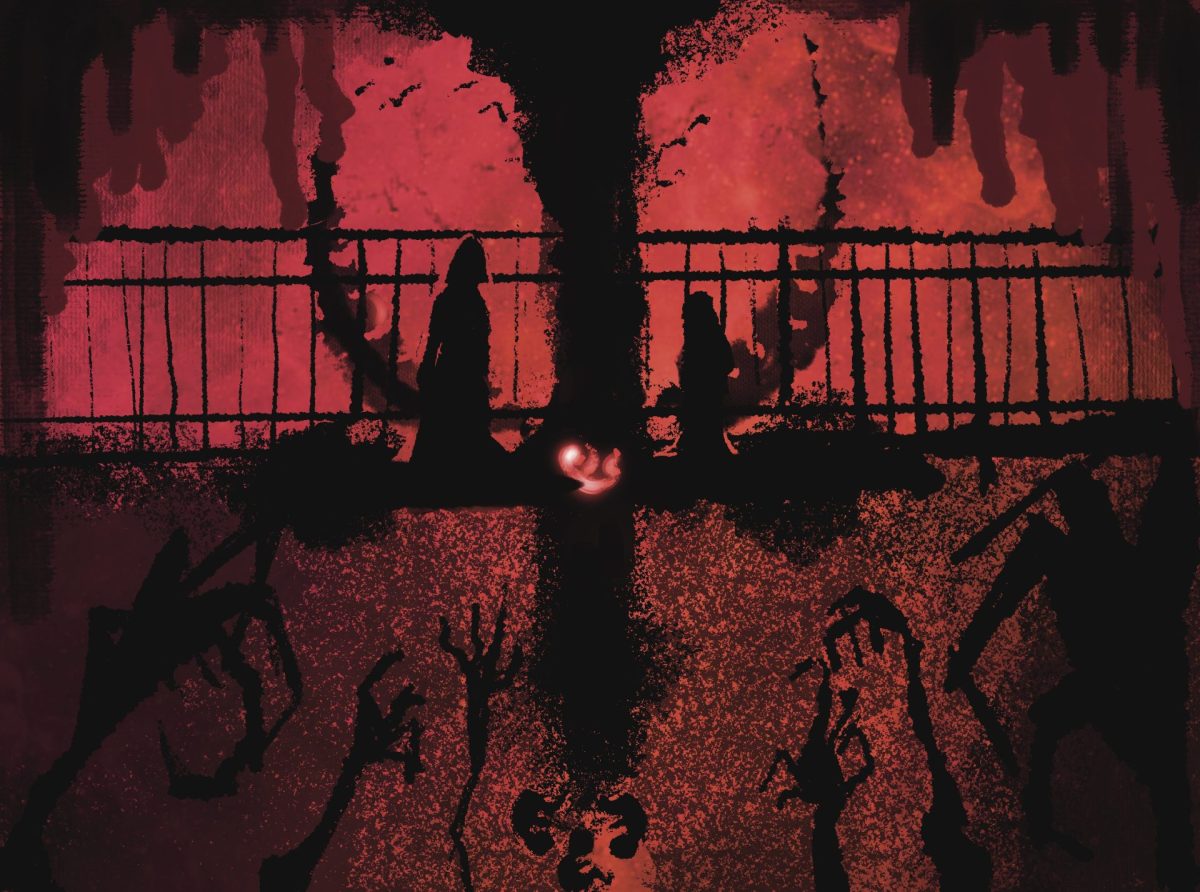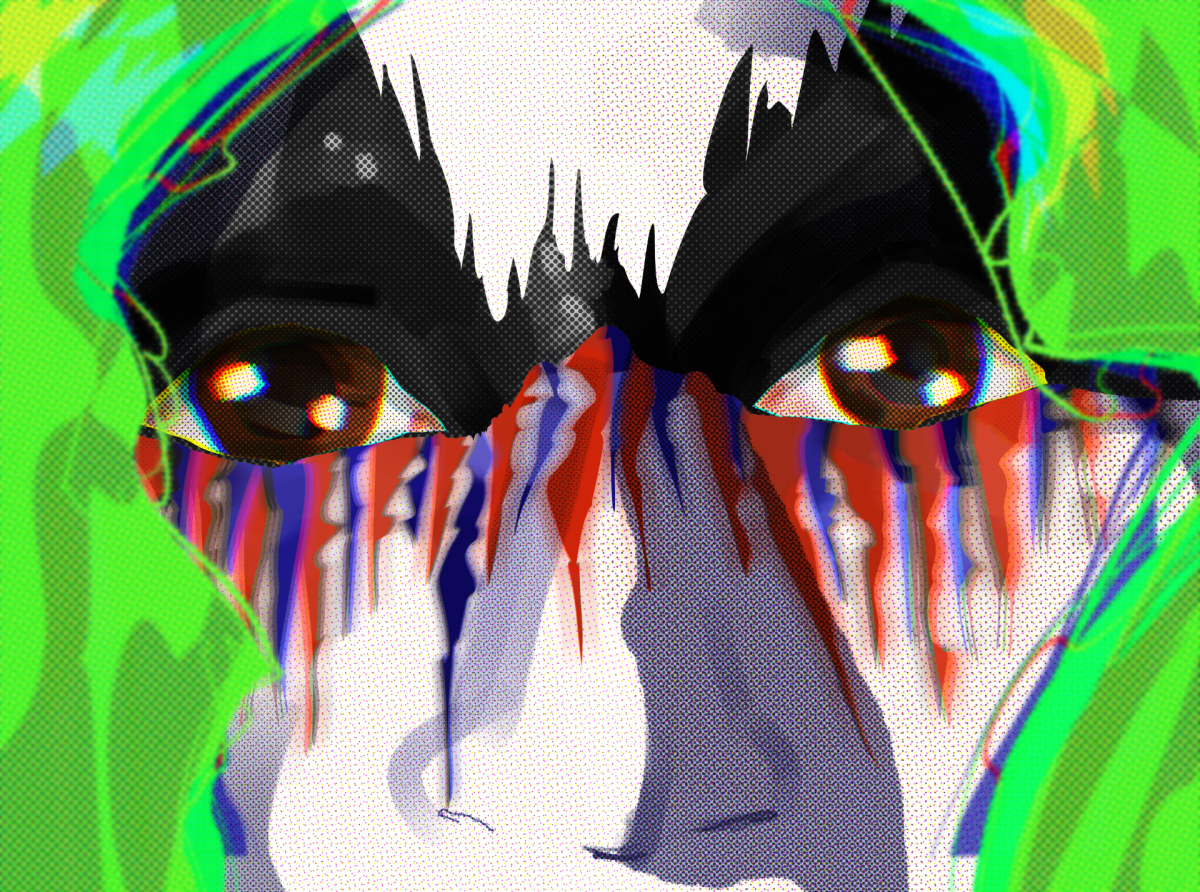The Chicago International Film Fest, running through Oct. 25, showcases films from more than 50 countries.
“The Weekend”
Nina Grosse’s film “The Weekend” may be based on Bernard Schlink’s novel the “The Reader,” but has the ominous feeling of an Agatha Christie mystery.
A man is released after spending 18 years in jail for his involvement in an assassination attempt by a far-left political group. His sister picks him up and drives him to her big old house in the German countryside where she has invited a few old friends to come welcome her brother home. The atmosphere is tense as piece by piece the audience puts together the relationships and histories that have been uncorked by the return of this former inmate.
Somber and chilled in tone, the film isolates its characters, forcing them to confront their shared past as they reunite after many years apart. The palette and plot of the film alike is painted in shades of gray, inviting the audience to ponder how larger ethical and political questions can become intertwined with personal decisions.
This somber, contemplative tone is achieved through beautiful shots of the German countryside in the chilly late autumn and the romantic unkemptness of the house and grounds.
However, this tone is occasionally interrupted abruptly by loud music and fast paced cutting which is presumably very intentionally shot, but not to great effect. In these moments the audience is jolted outside the world of the film in a way that serves to distract from rather than deepen the viewer’s engagement with the film.
The film’s relatively small cast delivers solid performances all around, with a particularly interesting performance from Sylvester Groth who inhabits a well-developed supporting character, a light-hearted political activist turned tell-all writer.
ξ
“Off-White Lies”
With characters drawn from the life of first-time Israeli director Maya Kenig, “Off-White Lies” highlights the talents of young actress Enya Inbar through the story of a father and daughter learning to understand each other while searching for both a literal and a figurative home.
Shaul is an enterprising, but perpetually unsuccessful inventor who bounces from place to place and from project to project throughout Israel. Having spent most of her life in California, his 13-year-old daughter Libby is reunited with her father in Israel. They set off in a borrowed car, eventually finding a place to stay by posing as refugees and taking advantage of the hospitality of a family in Jerusalem.
While Gur Bentwich gives a solid performance as the father, his character is too familiar to be profound. The lovable “buffoon,” well-meaning, resourceful, inventor/entrepreneur absent father is a character we’ve seen before. Bentwich contributes an endearing version of this character, but his performance does not stand out as particularly interesting.
Inbar, on the other hand, is something completely different. Her character is an introverted, but very perceptive 13-year-old with a quick, and at times, biting wit. Libby is a refreshingly well-written teenage girl. Inbar’s Libby resonates with a well-rounded realism that successfully captures both the profundity and the immaturity of being 13.
The film is at its best in scenes that feature simple interactions between the two main characters. The chemistry between the two actors shines in one scene in particular, in which Shaul reveals to Libby that it is his birthday. Libby pretends to go to the bathroom but instead chooses a song on the jukebox and dedicates it to her father.
Singing along to a classic rock song, Inbar strikes the perfect mix of sheepish awkwardness and pride in her show of affection for her father. Across the table, Bentwich’s performance is at its most endearing, as he quietly appreciates his daughter’s gift. It is these simple moments in which a father and daughter begin to understand each other that “Off White Lies” shines brightest.
ξ
“OteloBurning” and “La Playa DC”
In South Africa, three Black African friends escape the political reality of apartheid by learning to surf. Thirty years later, three Afro-Colombian brothers struggle with the drug trade in Bogot’ÛÎ, finding release and self-expression in the art of barbering.
Despite the ocean that separates South Africa and Colombia, these two stories run parallel to each other, filled with similar themes and populated by familiar characters.
From South Africa, “Otelo Burning,” directed by Sara Blecher, is a film about a group of young Black teenagers growing up in the township of Lamontville in turbulent 1989, five years before the end of apartheid. The boys discover and embrace competitive surfing as an escape from life in the township.
“La Playa DC,” from Colombian director Juan Andr’ÛΩs Arango, tells the story of three Afro-Colombian brothers living in Bogot’ÛÎ’s rough La Playa neighborhood, populated largely by communities of refugees fleeing wars on the Pacific coast. Struggling to get by, each of the three brothers tries to scrape out a living using any means possible.
The films are set in places where political and social problems place constant pressure on the young men at the center of the stories.
In “Otelo Burning,” local political factions divide and break down the trust in the community and at a national level; the institutionalized racism of the apartheid system severely limits the boys’ means for advancement in society.
“La Playa DC” focuses more on economic and social issues than on political tensions. Jaino, the youngest of the brothers, is a victim of the drug trade and is entirely consumed by the world of using and selling hard drugs. The older two brothers participate in a less destructive sector of the underground economy, offering their services for automobile detailing and hubcap cleaning on the street.
Both films feature a quest for freedom in an otherwise hopeless world. In “Otelo Burning,” this freedom is achieved on the surfboard, while “La Playa DC” explores the popular practice of Afro-Colombian men shaving complex designs into their hair.
For a time, central characters in each film are able to use their artistic and athletic skills to gain economic and personal autonomy, but moments of crisis interrupt these paths to success. In each film tragedy intervenes, breaking down the world these young men have started to build for themselves.
“Otelo Burning” and “La Playa DC” are both stories of coming-of-age into a world of poverty, social and political strife, and institutionalized racism. Drawing realistic portraits of desperate worlds, each film ends on a bleak but ultimately defiant note, forcing the viewer to acknowledge and perhaps start to understand the slice of the world each film portrays.




![DePaul sophomore Greta Atilano helps a young Pretty Cool Ice Cream customer pick out an ice cream flavor on Friday, April 19, 2024. Its the perfect job for a college student,” Atilano said. “I started working here my freshman year. I always try to work for small businesses [and] putting back into the community. Of course, interacting with kids is a lot of fun too.](https://depauliaonline.com/wp-content/uploads/2024/04/ONLINE_1-IceCream-1200x800.jpg)


